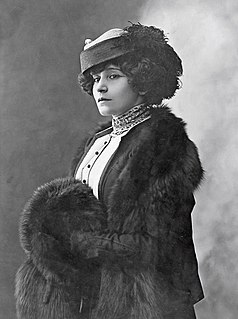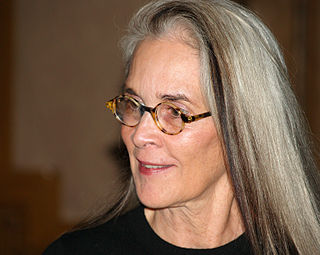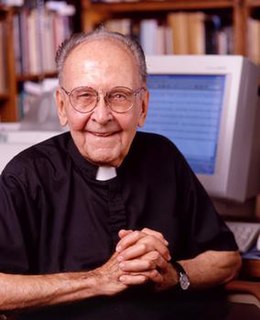A Quote by Sidonie Gabrielle Colette
Writing only leads to more writing.
Quote Topics
Related Quotes
Writing objects to the lie that life is small. Writing is a cell of energy. Writing defines itself. Writing draws its viewer in for longer than an instant. Writing exhibits boldness. Writing restores power to exalt, unnerve, shock, and transform us. Writing does not imitate life, it anticipates life.
I have a hard time writing. Most writers have a hard time writing. I have a harder time than most because I'm lazier than most. [...] The other problem I have is fear of writing. The act of writing puts you in confrontation with yourself, which is why I think writers assiduously avoid writing. [...] Not writing is more of a psychological problem than a writing problem. All the time I'm not writing I feel like a criminal. [...] It's horrible to feel felonious every second of the day. Especially when it goes on for years. It's much more relaxing actually to work.
Writing for adults and writing for young people is really not that different. As a reporter, I have always tried to write as clearly and simply as possible. I like clean, unadorned writing. So writing for a younger audience was largely an exercise in making my prose even more clear and direct, and in avoiding complicated digressions.






































